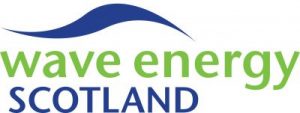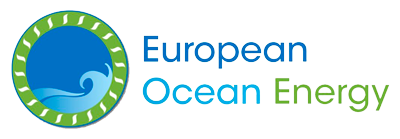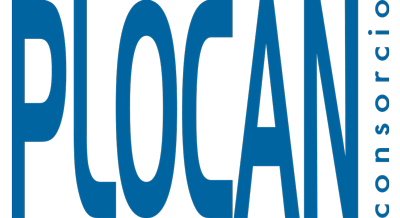
Its mission is to play a leading role in transforming Ireland into a society based on sustainable energy structures, technologies and practices. To fulfil this mission, SEAI aims to provide well-timed and informed advice to Government, and deliver a range of programmes efficiently and effectively, while engaging and motivating a wide range of stakeholders and showing continuing flexibility and innovation in all activities. SEAI's actions will help advance Ireland to the vanguard of the global green technology movement, so that Ireland is recognised as a pioneer in the move to decarbonised energy systems.

Through its competitive procurement programme, WES supports a range of projects focused on the key systems and sub-systems of Wave Energy Converters. The aim is to produce reliable technology which will result in cost effective wave energy generation. WES was formed in 2014 at the request of the Scottish Government and is a subsidiary of Highlands and Islands Enterprise. The aim of WES is to ensure that Scotland maintains a leading role in the development of marine energy.

Its mission includes regulatory measures and policy implementation as well as raising awareness about the importance of such policies for the social and development by informing citizens about tools for implementation of policy decisions and disseminating the results of monitoring and implementation.

It aims at supporting the global offshore renewable energy sector, by consolidating the level of excellence in research through the synergy of a multidisciplinary structure. This one is based on academic and scientific sectors of renown and the lead positions of industrial firms for key skills. Its team of 35 people, composed mainly of researchers and engineers, develops complementary skills in 4 thematic programs: site characterisation, technology design, environmental integration, farms optimisation.

Based in Brussels, it represents over 120 members including some of the world’s leading utilities, engineering companies, device developers, test centres, regional development agencies and research institutes. Their combined strength makes OEE the largest and most representative network of ocean energy professionals in the world. It is the only trade association representing companies and institutions developing all five different ocean energy technologies at the European level: wave, tidal range, tidal stream, ocean thermal energy conversion and salinity gradient. The organisation has 7 members of staff widely regarded as objective interlocutors representing the interests of the entire sector.

It also transfers the results of this research, and the related technological developments, to the production system and to institutional end users, both at national and regional level. The Agency has a staff of around 3,000 and is present throughout Italy, operating with nine major research centres and a number of smaller facilities. ENEA has a laboratory with a staff of 15 employees who combines long standing expertise both in the area of oceanic and atmospheric modeling and assessment evaluation in relevant sectors.

Its mission is to transform technological research into prosperity. TECNALIA's research has a real impact on society and generates benefits in the form of quality of life and progress. TECNALIA works to build a better world through technological research and innovation. With a multi-sectoral and multi-technological perspective, they listen and work with companies to respond to major global challenges which ultimately are aligned with the Sustainable Development Goals (SDG). In the field of offshore renewable energies, and more specifically ocean energy, they develop and test innovative solutions aimed at increasing the cost-effectiveness of the technologies.

It is home to over 30,000 students and attracts students and staff from 140 countries. The Institute for Energy Systems (IES) is one of 6 multi-disciplinary institutes within the School of Engineering at the University. IES is home to 26 academic staff, 28 research staff and around 70 postgraduate students. It delivers world leading research in low carbon energy systems, technology and policy with areas of expertise including: ocean energy; innovation; life-cycle analysis; resource modelling and measurement; hydrodynamics; thermodynamics; and power systems.

Its mission is to promote long-term observation and sustainability of the ocean, providing a cost-effective combination of services, such as an ocean observatory, a marine test site, a base for underwater vehicles, training and an innovation hub. PLOCAN is a joint initiative of the Spanish and the Canary Islands governments, with the contribution of the European Regional Development Fund, and is included in the Spanish map of unique scientific and technical infrastructures. Its main objective is the construction and operation of a fixed offshore platform close to the coast.

Funded by the European Union. Views and opinions expressed are however those of the author(s) only and do not necessarily reflect those of the European Union or CINEA. Neither the European Union nor the granting authority can be held responsible for them.